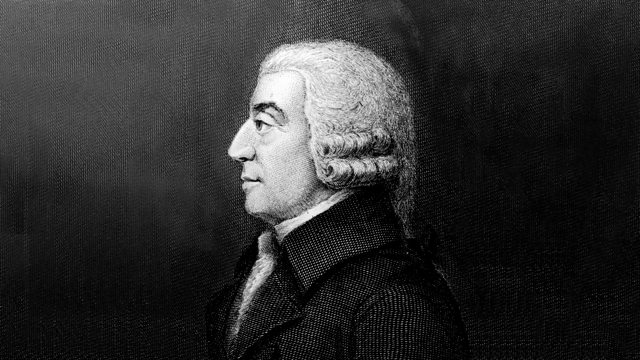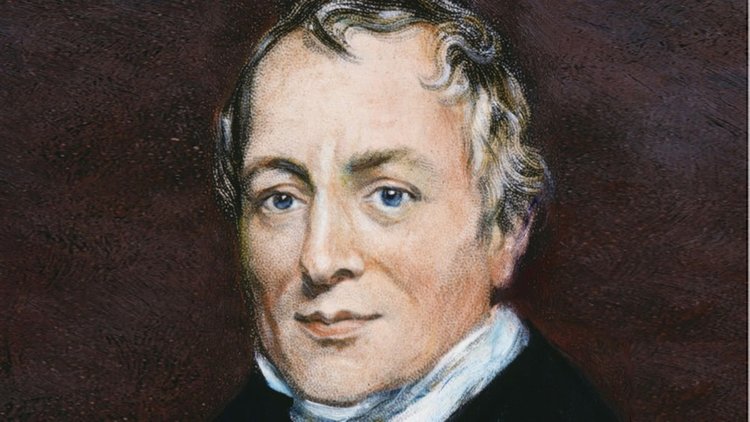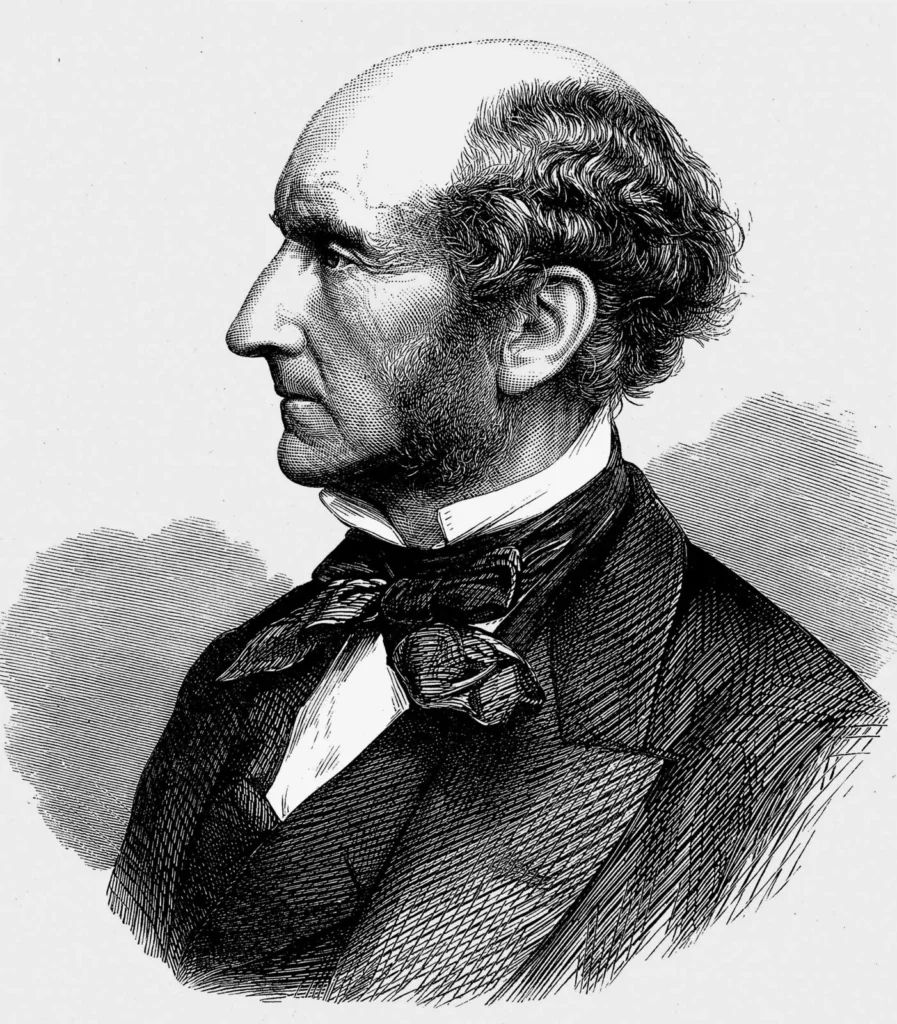Economics, as a discipline, has been shaped by the contributions of numerous thinkers throughout history. Among these luminaries, there are four individuals whose ideas and theories stand out as foundational pillars of modern economics. Referred to as the “four fathers” of economics, their works have not only influenced the development of economic thought but have also had a lasting impact on how we understand and analyze economic phenomena. In this article, we delve into the lives and contributions of Adam Smith, David Ricardo, John Stuart Mill, and Karl Marx, exploring their enduring legacies in the field of economics.
Adam Smith

Adam Smith, born in 1723 in Kirkcaldy, Scotland, was a moral philosopher and economist whose ideas laid the groundwork for classical economics. Smith’s seminal work, “The Wealth of Nations” (1776), remains one of the most influential texts in economic history. In this magnum opus, Smith explored the principles of capitalism, arguing that individual self-interest, when guided by the invisible hand of the market, leads to overall societal benefit.
He famously illustrated the concept of the division of labor through the example of a pin factory, demonstrating how specialization increases productivity and wealth. Smith advocated for free markets, limited government intervention, and the importance of institutions such as property rights and the rule of law in fostering economic prosperity.
David Ricardo

David Ricardo, born in 1772 in London, England, was a prominent economist of the early 19th century whose theories on international trade revolutionized economic thought. Ricardo’s most enduring contribution is the theory of comparative advantage, expounded in his work “Principles of Political Economy and Taxation” (1817). According to Ricardo, countries should specialize in producing goods in which they have a comparative advantage, even if they are less efficient in producing all goods. By engaging in international trade based on relative efficiencies, countries can maximize overall welfare. Ricardo’s theory provided a powerful rationale for free trade and globalization, emphasizing the mutual benefits of economic cooperation among nations.
John Stuart Mill

John Stuart Mill, born in 1806 in London, England, was a philosopher, economist, and advocate for social reform whose ideas continue to shape political and economic discourse. Mill’s most notable work, “Principles of Political Economy” (1848), synthesized classical economic thought while introducing new concepts such as marginal utility.
He emphasized the importance of individual liberty, limited government intervention, and the role of education in fostering economic progress and social well-being. Mill’s advocacy for women’s rights, utilitarianism, and social justice reflected a broader commitment to human dignity and equality, influencing generations of economists and policymakers.
Karl Marx

Karl Marx, born in 1818 in Trier, Germany, was a revolutionary thinker whose critiques of capitalism and the vision of socialism profoundly influenced the course of modern history. Marx’s analysis of capitalism, articulated in “Das Kapital” (1867), focused on its inherent contradictions, including the exploitation of labor and the concentration of wealth in the hands of a few. He argued that capitalism inevitably leads to class struggle and social upheaval, ultimately culminating in the overthrow of the capitalist system.
Marx envisioned a classless society where the means of production are collectively owned, advocating for revolutionary change to achieve this end. While Marx’s ideas have been subject to diverse interpretations and criticisms, his contributions to economic theory and political activism have left an indelible mark on the discourse surrounding capitalism, socialism, and the quest for social justice.
Conclusion
The enduring influence of Adam Smith, David Ricardo, John Stuart Mill, and Karl Marx underscores their status as the “four fathers” of economics. Their ideas have shaped economic thought, policy debates, and societal aspirations, leaving a rich intellectual legacy that continues to inspire scholars, policymakers, and activists around the world. As we navigate the complexities of the modern economy, understanding the contributions of these towering figures remains essential for grappling with contemporary challenges and envisioning a more equitable and prosperous future.
